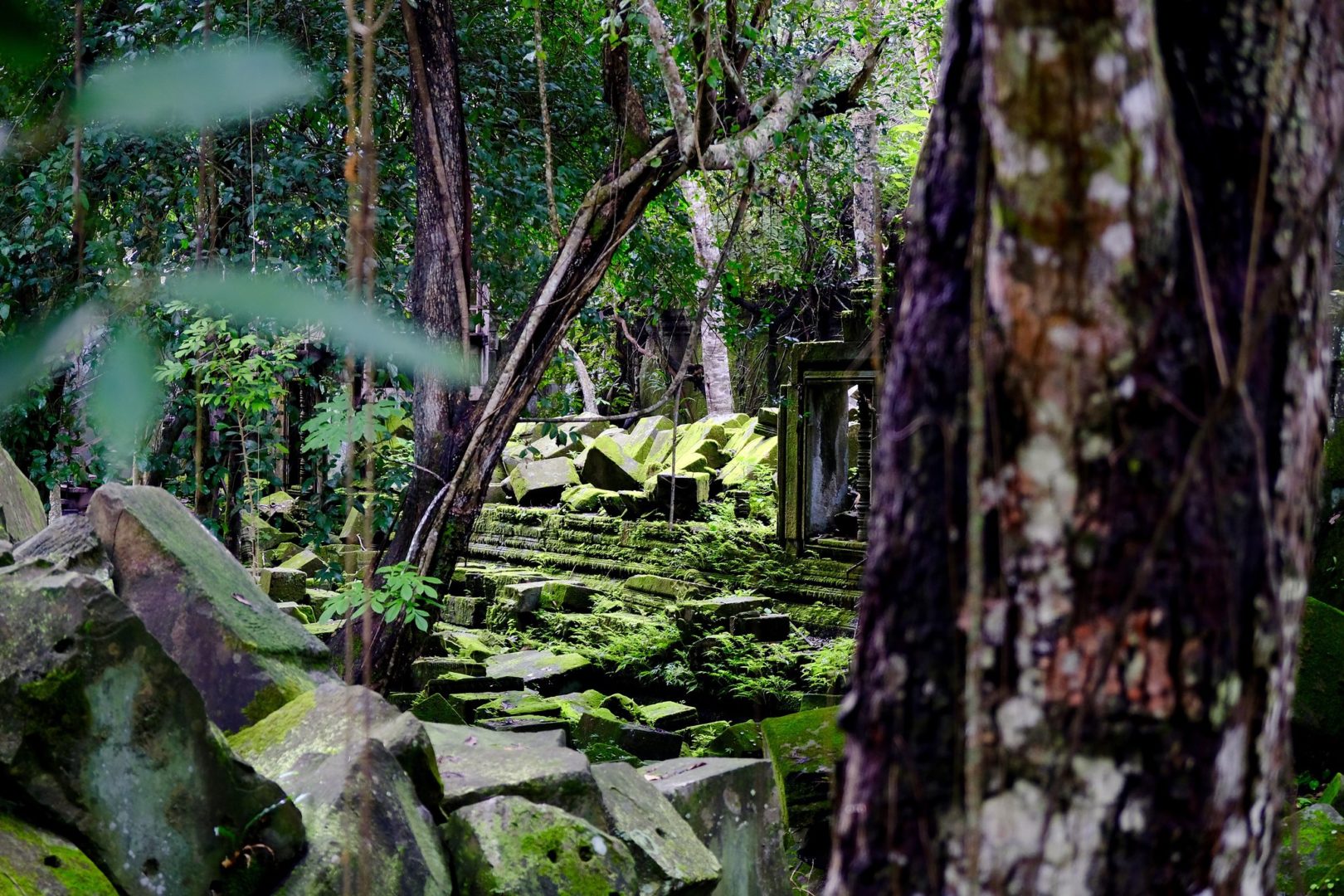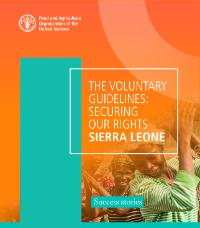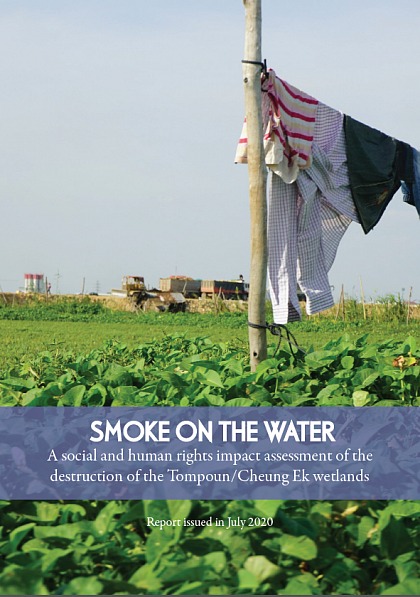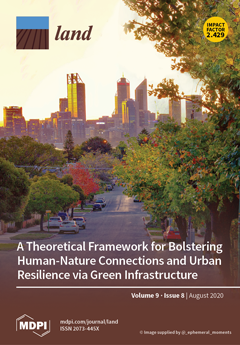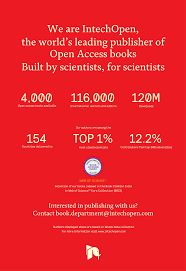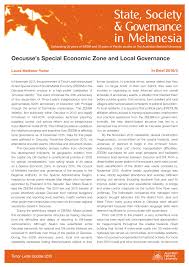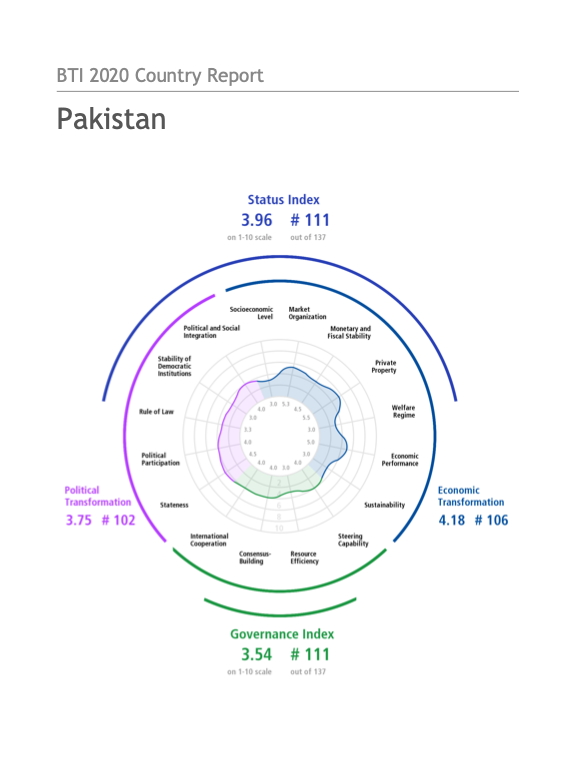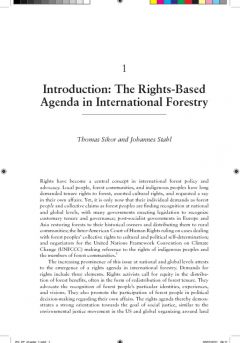What’s Happening in Cambodia’s Forests?
This blog is part of Global Forest Watch’s Global Insights series. Although many parts of the world are experiencing forest loss, the factors motivating these losses differ between countries and regions. Global Insights takes a local look at historical and current trends in forested countries across the world to highlight the diversity of forest issues. To read other posts in the series, click here.

